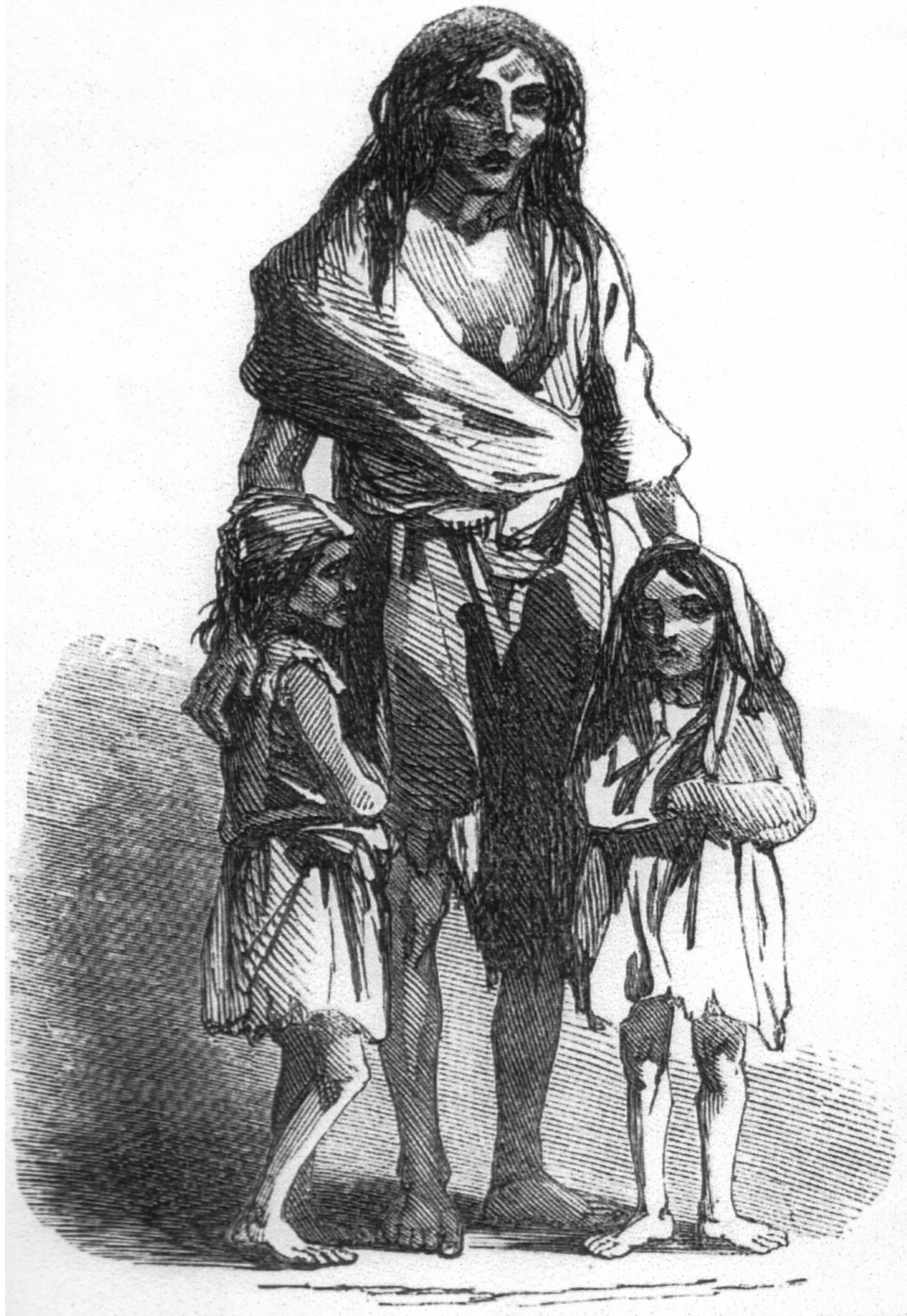History can seem, well, just like that: history. We might know about it intellectually but haven’t internalized emotionally. Whatever happened, it happened to someone else, a long time ago.
So it might well be with An Gorta Mór—the Great Hunger, often referred to simply as the potato famine. “Potato famine,” of course, doesn’t half cover it. It’s far more complicated than that. From the standpoint of many historians, the vast starvation of the Irish people in the middle of the 19th century amounts to nothing less than genocide perpetrated by the British.
How to tell that old story to make it real to high school students today?
Easy. Take all of the people accused of responsibility for those needless deaths back in the mid-1840s and put them on trial in an actual courtroom with a real judge and real prosecutors and defense attorneys, as if they were here among us today standing in the dock as defendants.
On Wednesday, March 27, students from area Catholic high schools will take part in a mock trial, becoming members of the jury or standing in for the accused. Everyone will have a part to play. The trial will take place in Courtroom 653, Philadelphia City Hall, Municipal Court President Judge Patrick F. Dugan presiding.
The mock trial was the brainchild of an Oregon high school teacher, Bill Bigelow, but it’s taking on new life, courtesy of Philadelphia’s Irish Memorial, explains Bob Gessler, president of the Memorial board of directors.
“When I came across this idea, I thought about how we might take it out of the classroom and put it into a courtroom,” Gessler says. “I felt this was a deeper learning experience for students, so they can see how a courtroom works and how this all plays out. It all just brings it into focus. Here are the parties that were affected, here’s what happened and why it happened. We did it first with the Great Hunger commemoration (last year) and in conjunction with the Irish government. It worked out really well.”
Gessler is hoping for even more participation this year.
One of the prosecutors currently works in the district attorney’s office, and the other also worked for the D.A., now retired. All the defense attorneys are the real deal.
Students from Roman Catholic and St. Joseph’s Prep will take part, and St. Hubert’s, Hallahan and Little Flower students also have been invited.
Here’s the indictment:
“You are charged with the murder of a million Irish who died during An Gorta Mór (The Great Hunger) in the years 1846-1847. These were needless deaths. Even without the potato, there was more than enough food produced in Ireland to feed everyone in the country and still have food left over. The action—or lack of action—taken by your group led to untold misery. You are to blame!”
Charged will be British landlords, the British government, the Anglican church and Irish tenant farmers. The landlords and the government are held to be directly responsible, the Anglican church because of what it did to make matters worse, and the tenant farmers not because of what they may have done, but because of what they did not do to “stop the crimes committed by the British.”
Last year, Gessler says, the landlords, the government and the church were convicted; the tenant farmers were found not guilty.
Everyone takes it seriously, he adds. “It’s a great educational tool for us. What’s nice is that it’s a wide ethnicity. People have no idea what the Irish hunger was, so this just really puts it across for everybody. And it’s just a great learning experience. This is as real as it gets.”
The learning experience will not end with the high school students. This year, the trial will be open to members of the general public at 10:30 a.m. Saturday, March 30, also in courtroom 653. This trial is limited to the first 200 who indicate an interest.
To find out more, contact Bob Gessler at 215-806-7298 or email him at bob@gesslergroup.com.


